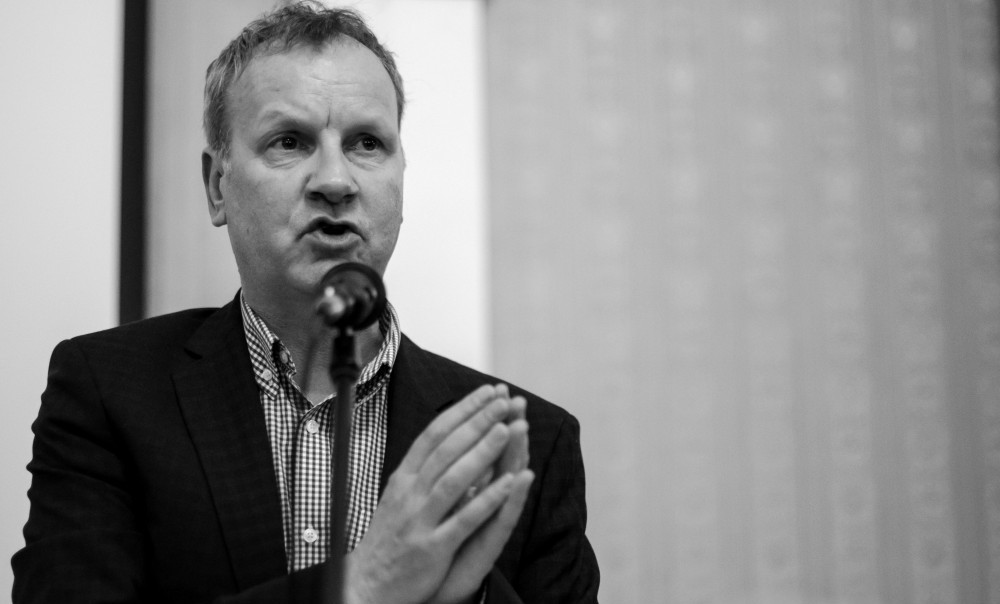“Too wee, too poor, too stupid”. This was the former staple diet of unionist propaganda in the old days, when the independence debate was composed of much simpler fare. Then there was no need for the scare story. We were simply subsidised Scotland, surviving off scraps from the ruins of our former industrial decline. “What would we do without the generous largesse of the UK state?” was enough to confirm our diminished status and spike any ambition to run our own affairs.
“Too wee, poor and stupid (too wp&s)” was the orthodoxy until it became apparent we contributed more to the UK state than we received. “Scotching the myth”, well, scotched it, and now only the Westminster Tories and sections of the metropolitan press still ramble on about a subsidised Scotland
No unionist involved in the referendum debate would now say directly that we are “too wp&s”. Even they know that to insult the very people they’re trying to recruit is simply not good campaigning tactics. So now “too wp&s” is simply hinted at. It’s disguised in all the uncertainty they’re trying to present in their doom-laden version of an independent Scotland. “Yes” they say, “Scotland could be a successful independent nation,” then in the next breath we get the multitude of reasons why the Scots, uniquely, wouldn’t make a success of independence.
Even our inbuilt advantages have to be a negative. We are, in fact “burdened” with our oil resource and when it runs out, the ghost of “too wp&s” returns to suggest we aren’t creative enough to prepare for this and ensure our future prosperity.
The narrative of a “separate” Scotland is the theme that is being compiled and a lot of thinking is invested in delivering this crushing vision. They have to convince the Scottish people that we will be bereft of, and incapable of creating, the infrastructure of state. Currency, partnerships, defence and even culture are all under threat. This vision of the “separate” Scotland is being carefully constructed and the impression they are trying to create is one word – unviable.
“Too wp&s”, therefore, underpins this “separation” and “unviability”. Of course we’re not “too wee”, but according to Michael Moore, we would be in a diminished state and a “bit player” in the world. We’re not “too poor”, but even with our fantastic oil resource we’re still going to be impoverished without the UK to manage our affairs. We’re not “too stupid”, but uniquely we don’t have the wit to effectively defend ourselves and make a success of our independence.
We cannot let the unionists suggest that we could not be a success as an independent Scotland. It is independence that believes in Scotland, and the people who live and work here. It is the unionists who continue to imply that we’re still too wee, too poor and too stupid with every bit of their narrative of a “separate” Scotland.
_______________________________
This is an article Pete wrote for the Scots Independent Newspaper
